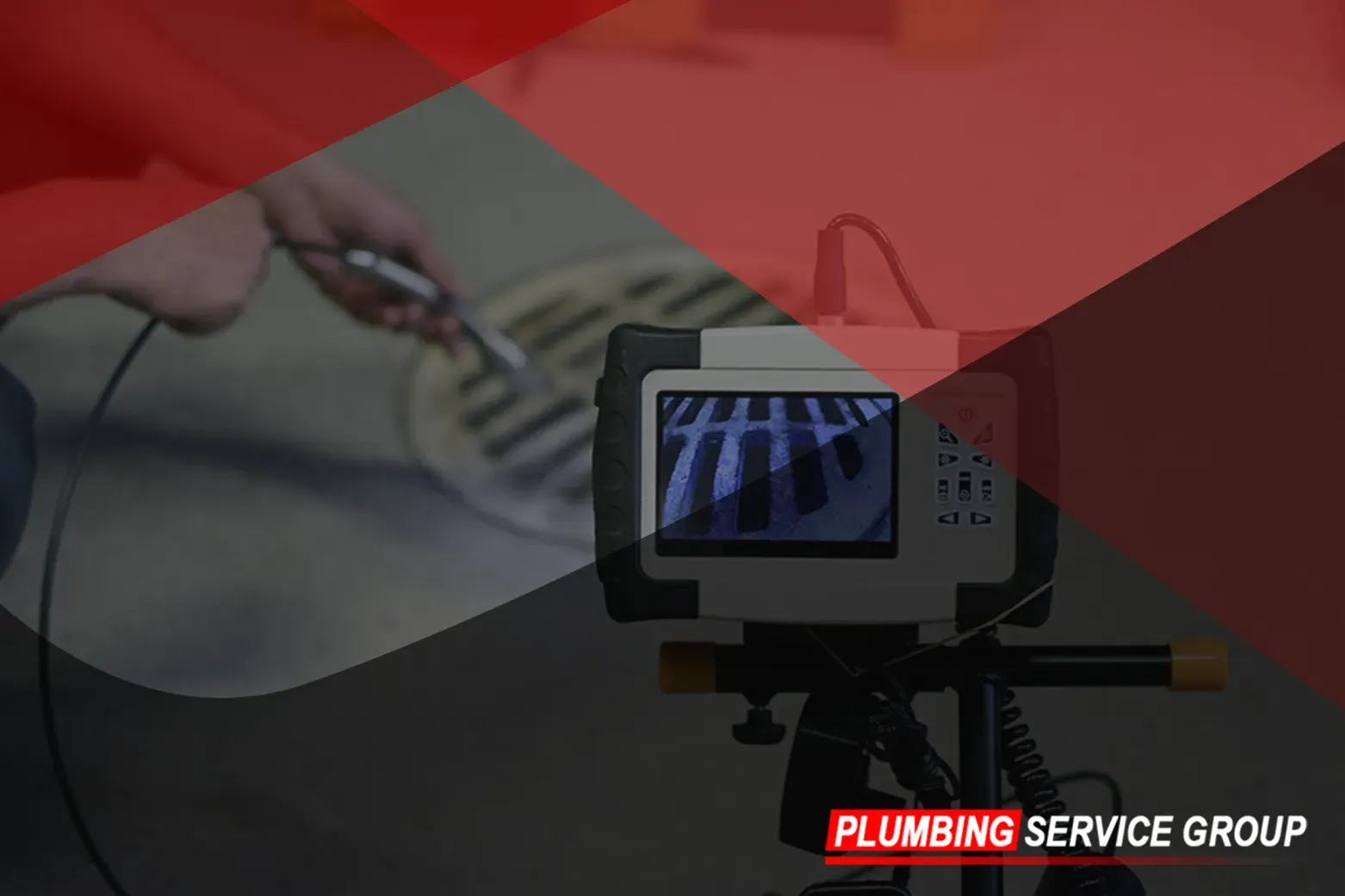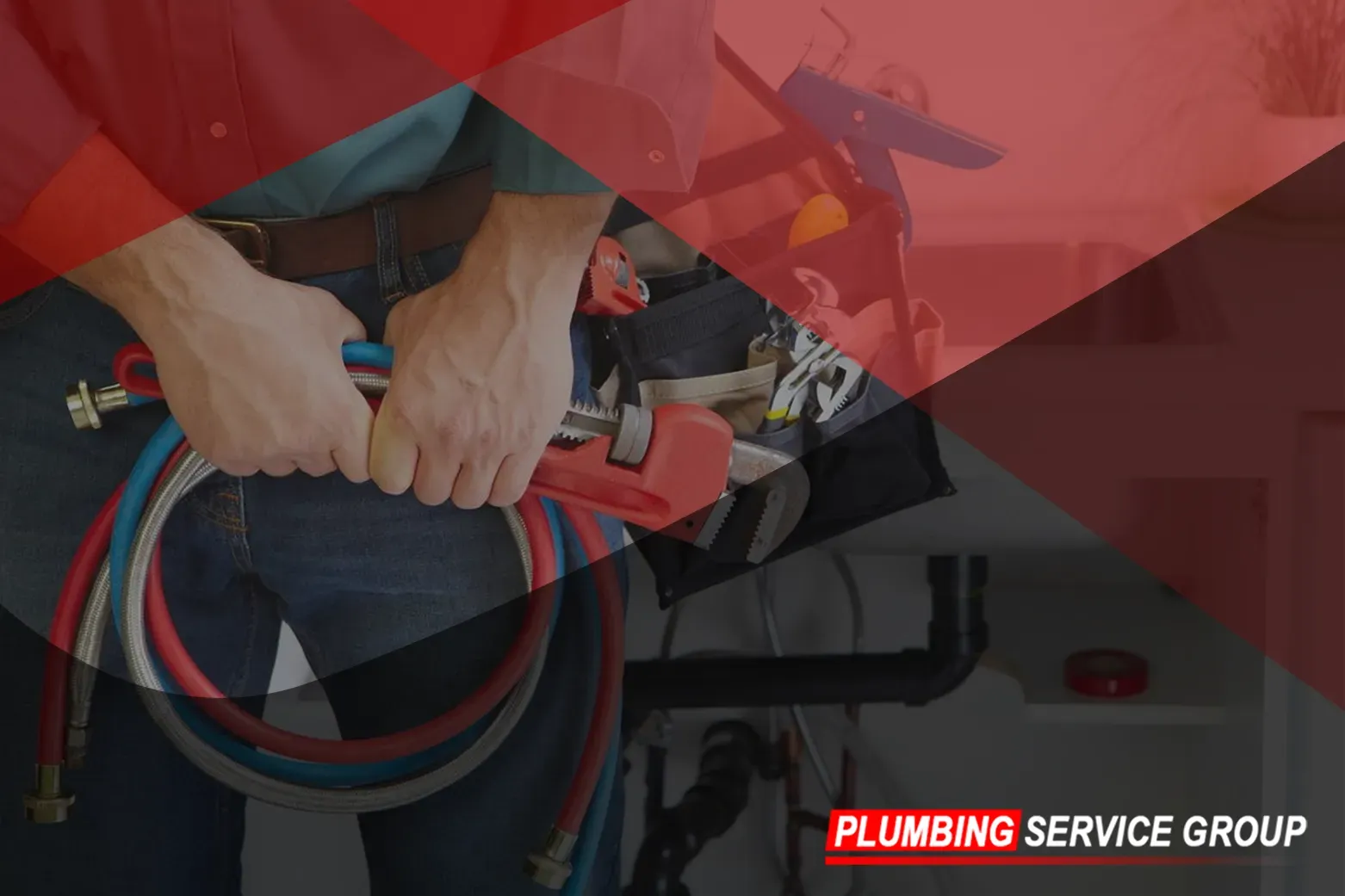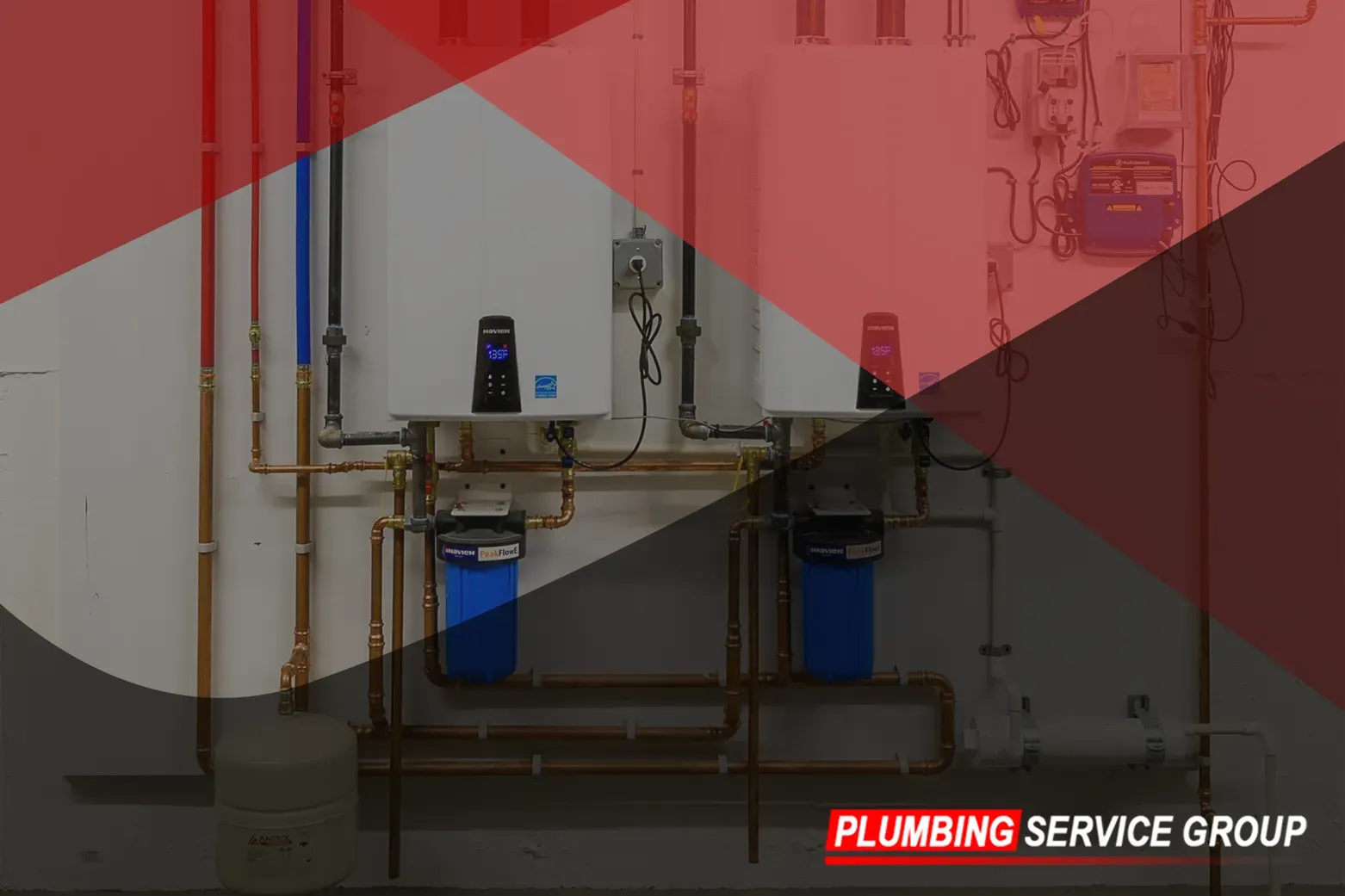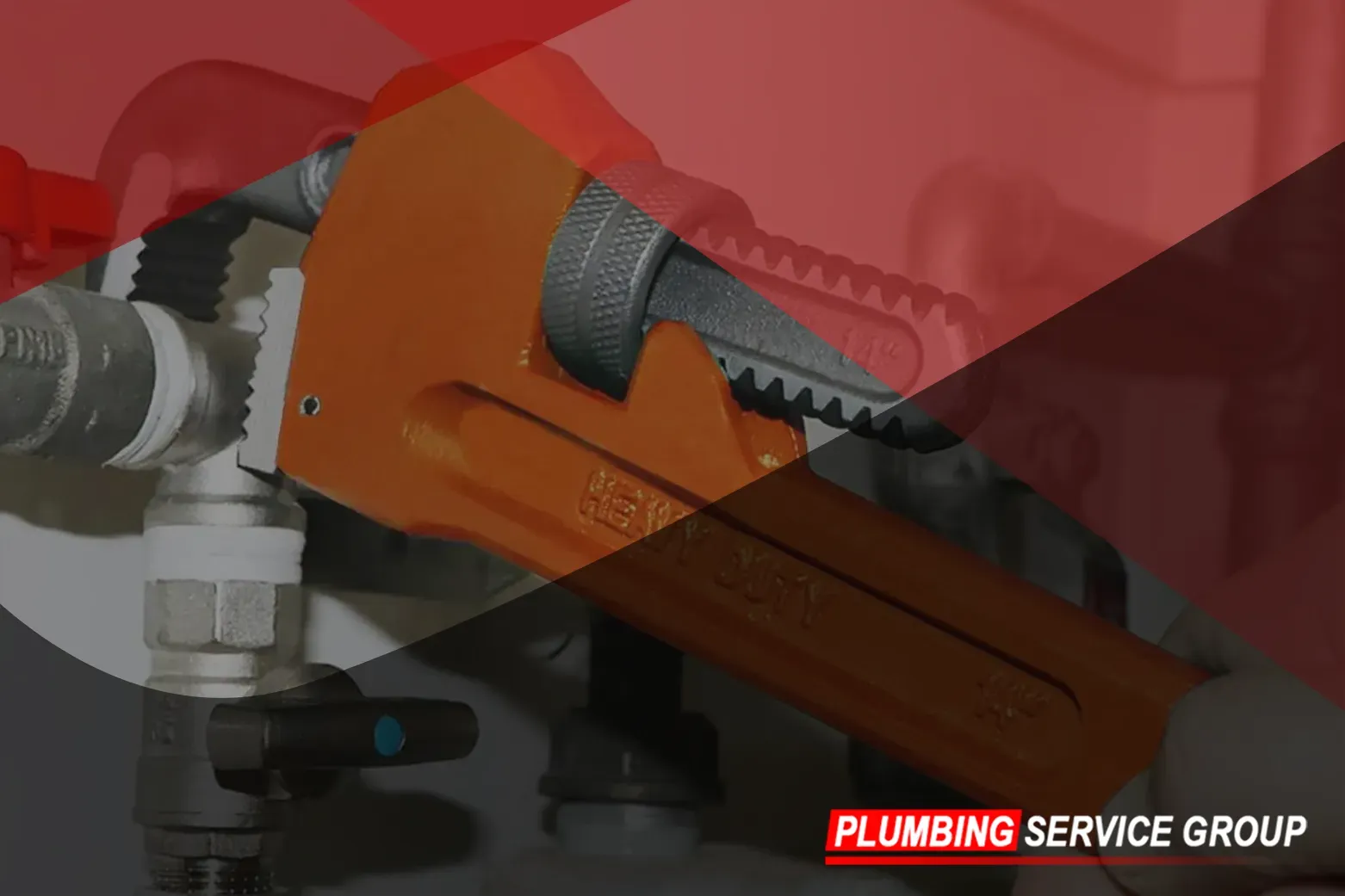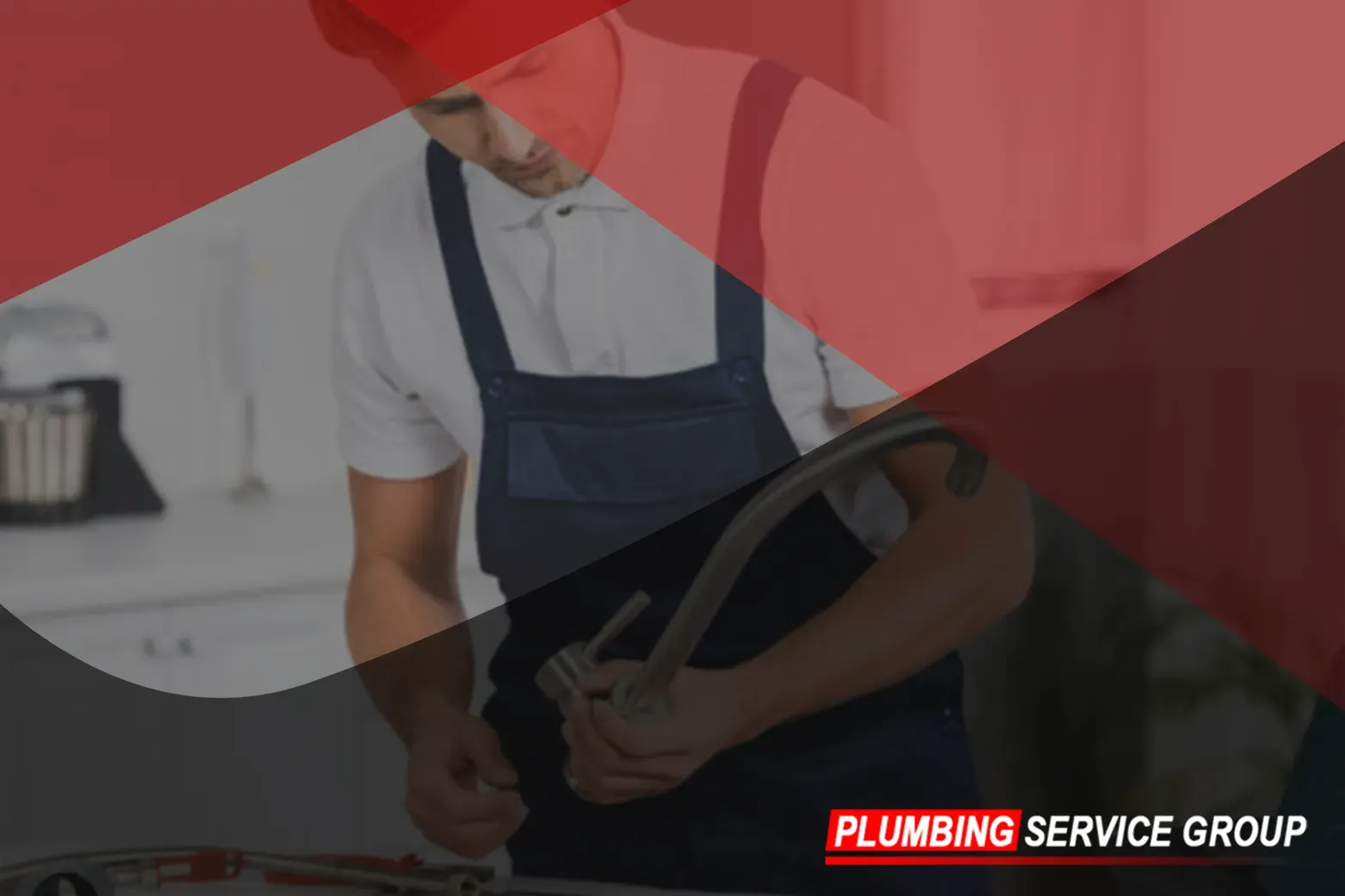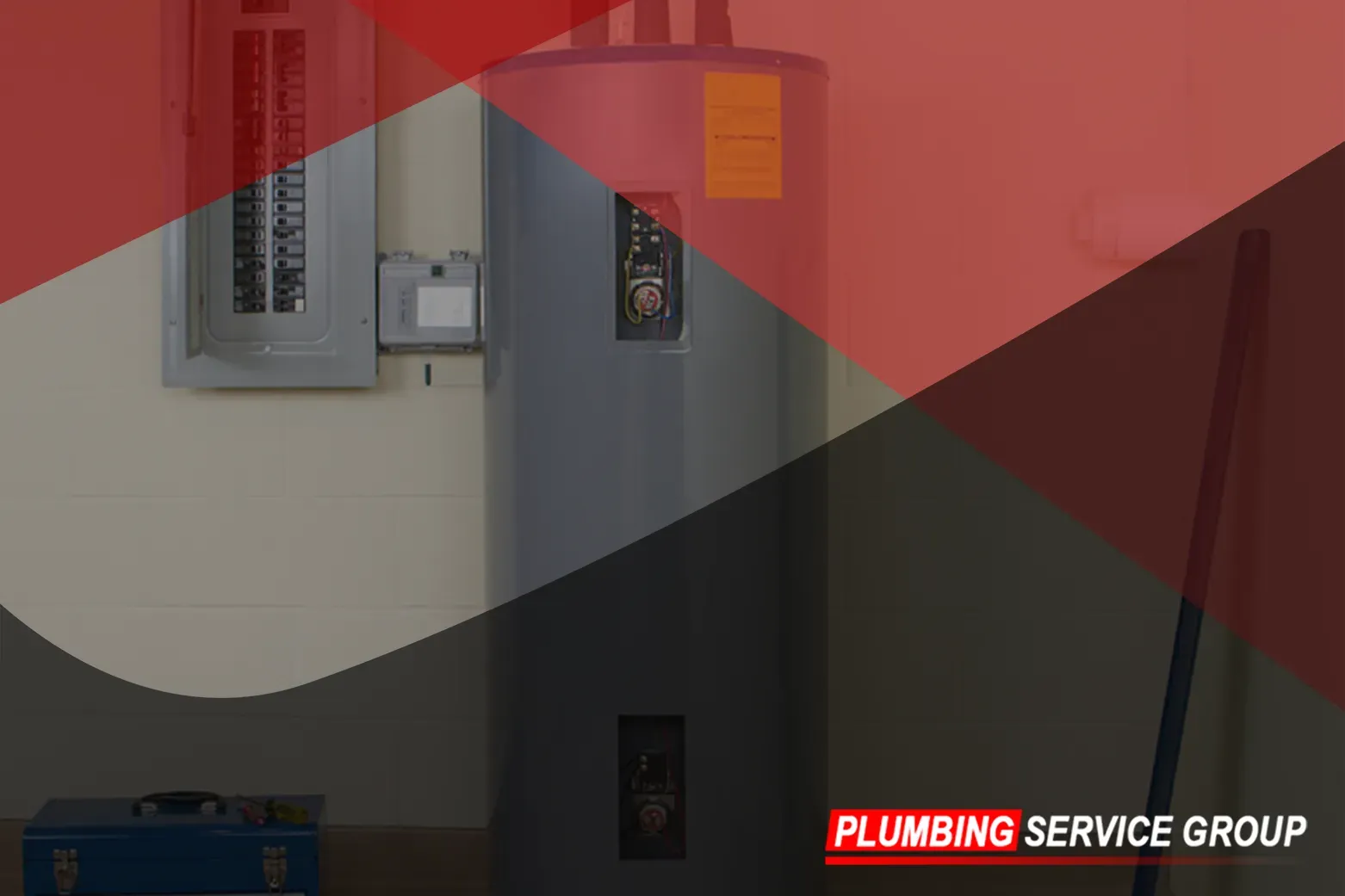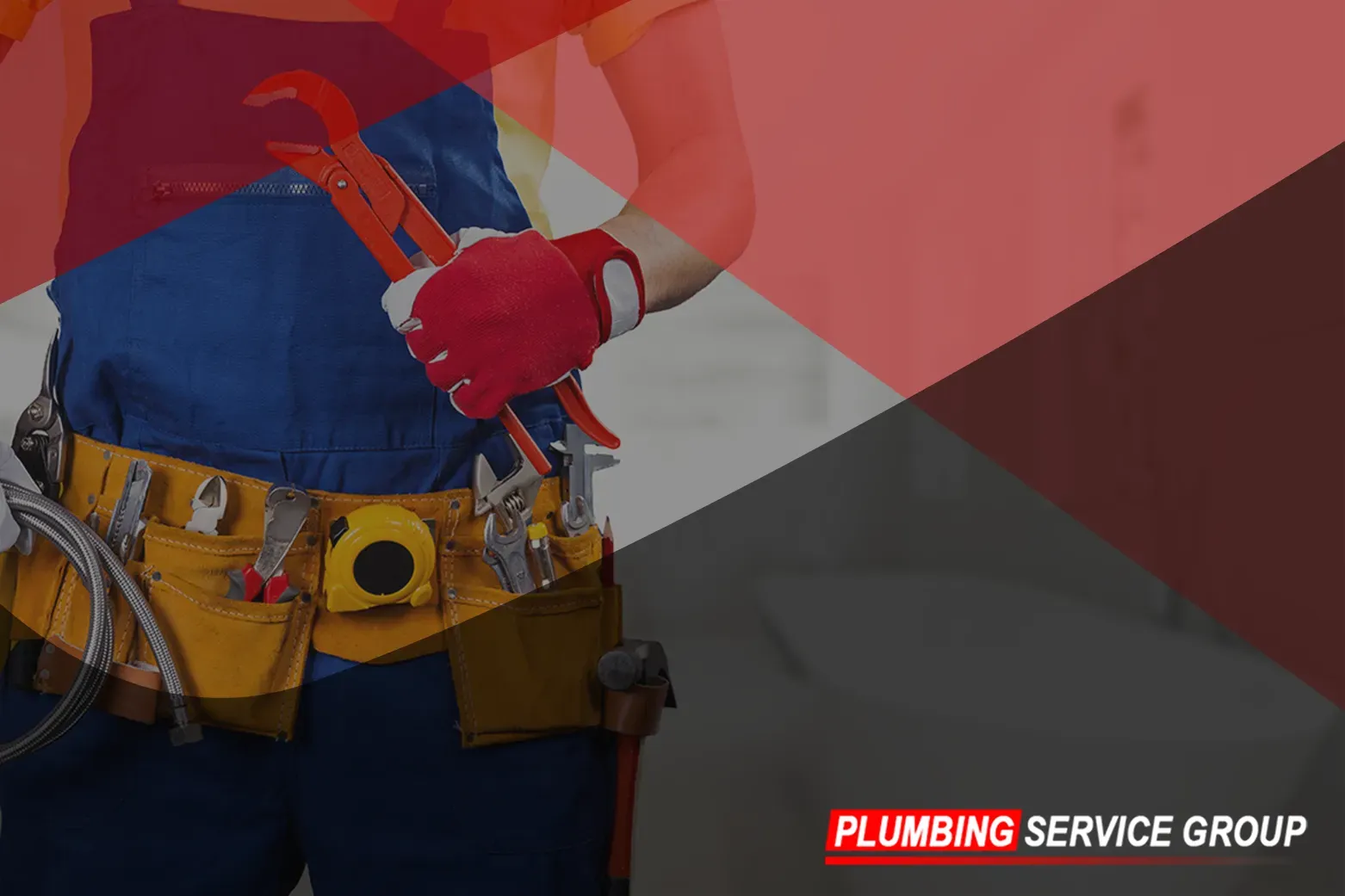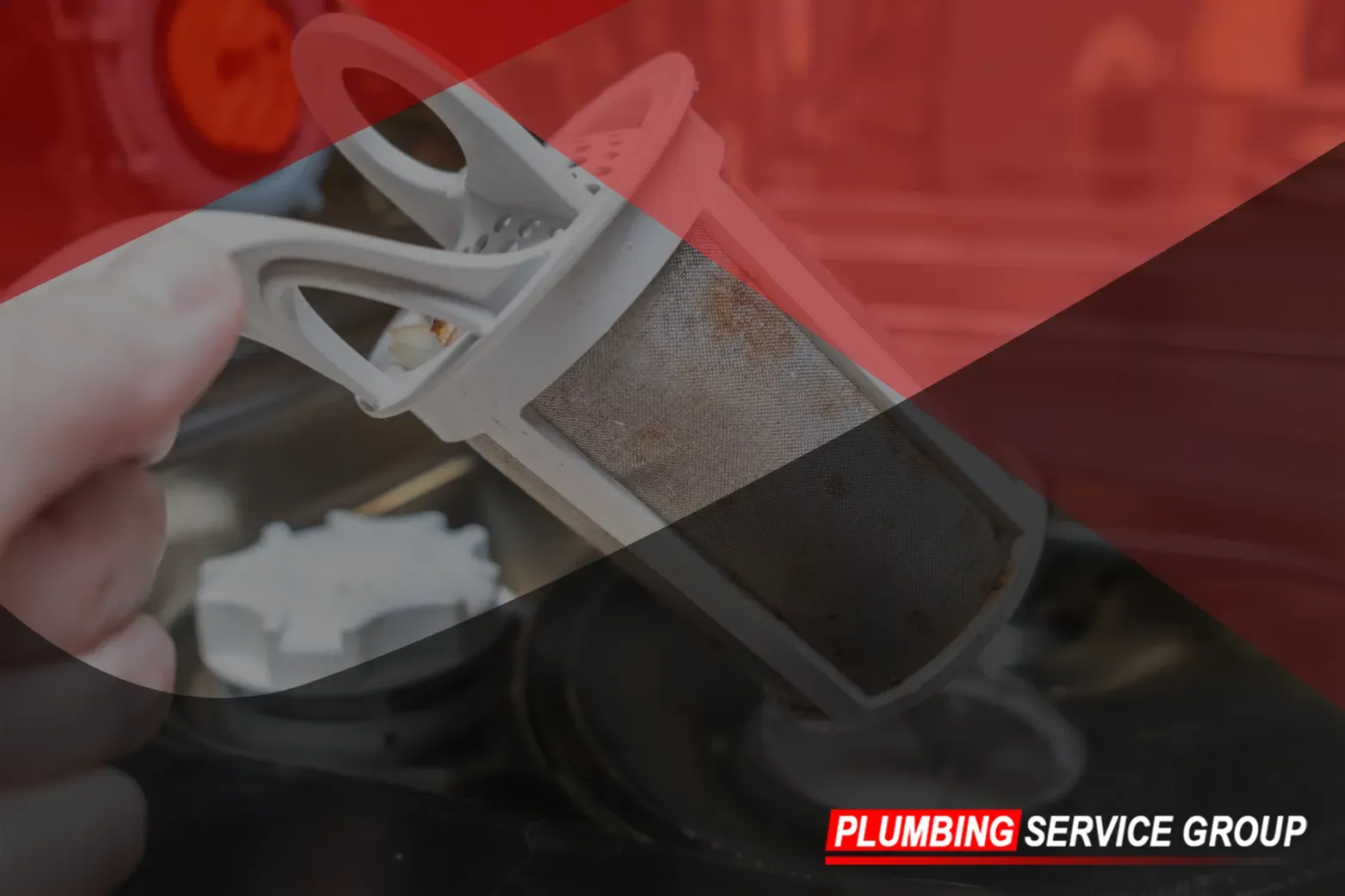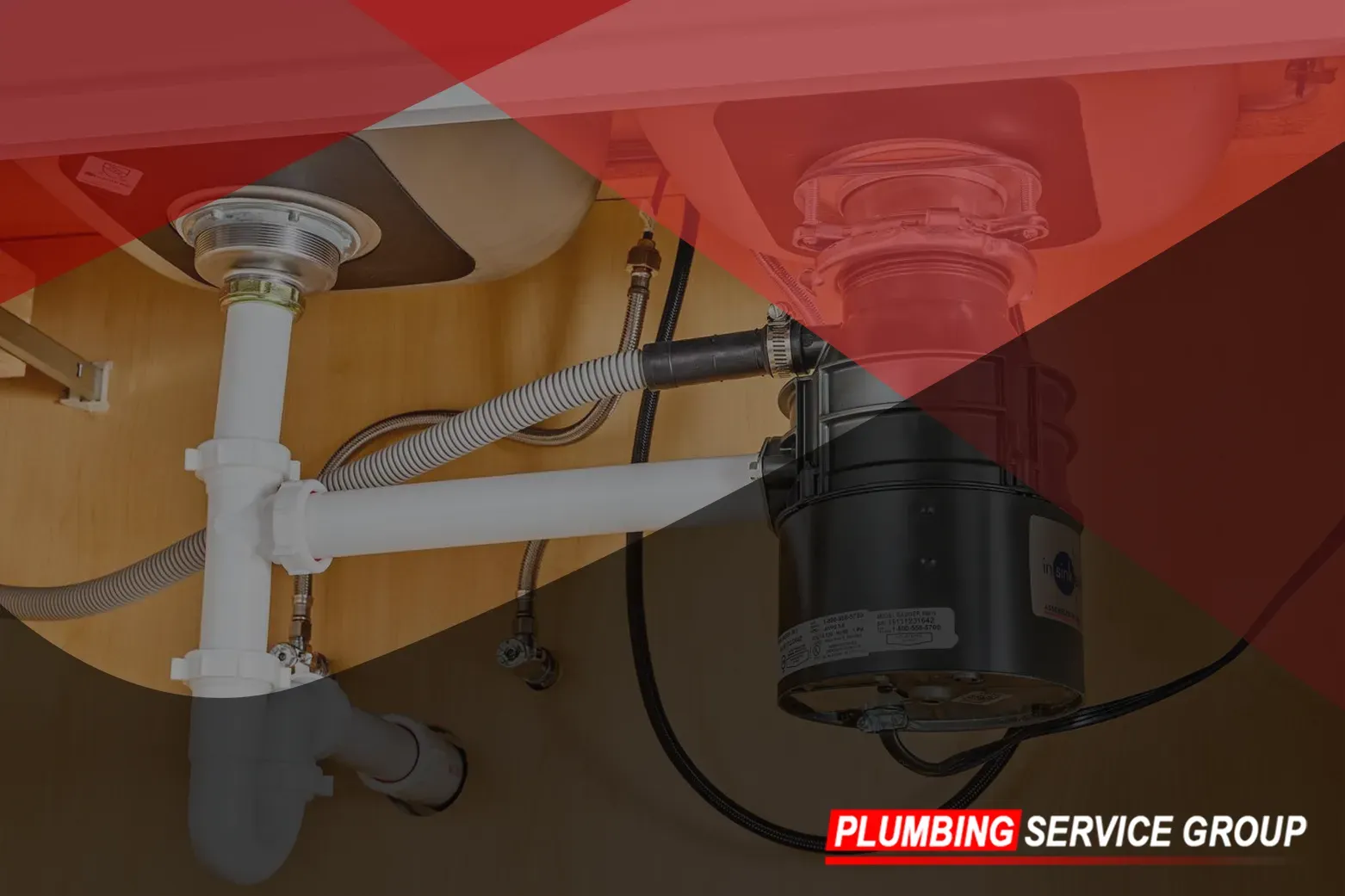What Does FIP Mean in Plumbing? Deciphering Plumbing Jargon
As you delve into the world of plumbing, you may encounter a myriad of terms and abbreviations that can seem perplexing at first glance. Among these is the abbreviation "FIP," which holds significant relevance in the realm of plumbing fittings and connections. Plumbing Service Group is here to shed light on this commonly used term and provide you with a comprehensive understanding of what FIP means in plumbing.
What Does FIP Mean in Plumbing?
FIP stands for Female Iron Pipe, a designation used to describe a specific type of threaded connection commonly found in plumbing systems. In essence, FIP refers to the threaded end of a fitting or valve that is designed to receive a male-threaded pipe or fitting. This threading allows for a secure and leak-proof connection to be established between two plumbing components, ensuring the integrity and functionality of the overall system.
Understanding the Functionality of FIP Connections
In practical terms, FIP connections serve as the backbone of plumbing systems, facilitating the seamless flow of water and other fluids throughout residential and commercial properties. These versatile connections are utilized in a wide array of plumbing applications, where reliability, durability, and leak-proof performance are paramount.
FIP fittings are commonly employed in fixtures such as faucets, showerheads, and valves, where they play a crucial role in establishing secure connections between various components of the plumbing system. Whether it's connecting the water supply lines to a kitchen faucet or attaching a showerhead to the shower arm, FIP connections ensure that each component functions harmoniously within the larger plumbing network. Additionally, FIP connections are integral to the integrity of piping systems, providing a means to join pipes, fittings, and valves together in a cohesive manner. Whether it's constructing a new plumbing system from scratch or repairing a damaged section of piping, FIP fittings allow plumbers to create robust and reliable connections that withstand the rigors of everyday use.
One of the key advantages of FIP connections is their versatility and compatibility with a wide range of plumbing materials and configurations. Whether you're working with copper, brass, PVC, or galvanized steel pipes, FIP fittings can accommodate various pipe diameters and thread types, ensuring compatibility with virtually any plumbing setup.
Furthermore, FIP connections offer the flexibility to adapt to different plumbing scenarios and configurations, making them invaluable in both new construction projects and retrofitting existing plumbing systems. Whether you're dealing with tight spaces, odd angles, or unconventional layouts, FIP fittings provide plumbers with the versatility to navigate challenging installations with ease and precision.
In summary, FIP connections are indispensable components of modern plumbing systems, offering reliability, durability, and versatility in a wide range of applications. Whether you're installing a new fixture, repairing a damaged pipe, or constructing an entire plumbing network, FIP fittings provide the secure and leak-proof connections necessary to ensure the smooth and efficient operation of your plumbing system. At Plumbing Service Group, we understand the importance of FIP connections in maintaining the integrity and functionality of plumbing systems. With our expertise and dedication to quality craftsmanship, we're committed to providing our clients with reliable and effective plumbing solutions that stand the test of time.
Key Characteristics of FIP Fittings
When it comes to identifying and understanding FIP fittings, it's essential to recognize their key characteristics, which distinguish them as integral components within plumbing systems.
- Thread Design: One of the defining features of FIP fittings is their threaded design, which enables them to securely interconnect with other plumbing components. To identify a fitting or valve with FIP threading, look for the presence of internal threads on the female end of the component. These internal threads are meticulously engineered to match the external threads of a male pipe or fitting, facilitating a seamless and snug connection. This threading mechanism ensures a tight seal, preventing leaks and maintaining the integrity of the plumbing system.
- Material Composition: FIP fittings are crafted from a diverse range of materials, each chosen for its durability, reliability, and resistance to corrosion. Common materials used in the construction of FIP fittings include brass, stainless steel, and PVC. Brass fittings are renowned for their strength and resistance to rust and corrosion, making them ideal for use in demanding plumbing environments. Stainless steel fittings offer similar durability and corrosion resistance, making them suitable for applications where hygiene and longevity are paramount. PVC fittings, on the other hand, provide excellent chemical resistance and are often used in applications involving acidic or corrosive fluids.
- Durability and Longevity: FIP fittings are engineered to withstand the rigors of everyday use and the harsh conditions encountered in plumbing systems. By utilizing high-quality materials and precision manufacturing techniques, FIP fittings exhibit exceptional durability and longevity, ensuring reliable performance over an extended service life. Whether installed in residential, commercial, or industrial settings, FIP fittings maintain their structural integrity and functionality, providing peace of mind to property owners and plumbers alike.
- Versatility and Compatibility: One of the notable advantages of FIP fittings is their versatility and compatibility with various plumbing materials and configurations. Whether you're working with copper, brass, PVC, or galvanized steel pipes, FIP fittings offer a universal threading design that accommodates different pipe diameters and thread types. This versatility allows plumbers to seamlessly integrate FIP fittings into a wide range of plumbing applications, from simple household repairs to complex commercial installations. Additionally, FIP fittings can adapt to different plumbing scenarios and configurations, providing flexibility and convenience during installation and maintenance tasks.
Common Applications of FIP Connections
FIP connections serve as the backbone of countless plumbing systems, playing a vital role in a diverse array of applications across residential, commercial, and industrial settings. By understanding the common applications of FIP connections, homeowners and professionals alike can appreciate the versatility and reliability of these essential plumbing components. Here are some of the most prevalent uses of FIP connections in plumbing:
- Connecting Water Supply Lines: FIP connections are frequently employed to link water supply lines to various fixtures throughout a property, including faucets, toilets, and sinks. Whether installing a new kitchen faucet or replacing a bathroom sink, FIP fittings provide a secure and leak-proof connection that ensures a steady flow of water to essential fixtures.
- Attaching Showerheads and Tub Spouts: When it comes to bathroom fixtures, FIP connections are indispensable for attaching showerheads and tub spouts to shower and bathtub fittings. Whether you're upgrading your shower system or installing a new bathtub, FIP fittings enable plumbers to create watertight connections that deliver optimal performance and reliability.
- Installing Valves and Shutoffs: Valves and shutoffs are essential components of plumbing systems, allowing homeowners to control the flow of water to specific areas of their property. FIP connections are commonly used to install valves and shutoffs in plumbing systems, providing a dependable means of regulating water flow and preventing leaks or water damage.
- Connecting Pipes and Fittings: In both residential and commercial plumbing installations, FIP connections are utilized to join pipes and fittings together, creating a cohesive network that facilitates the efficient flow of water and other fluids. Whether constructing a new plumbing system or repairing a damaged section of piping, FIP fittings ensure a secure and durable connection that withstands the test of time.
By leveraging the versatility and reliability of FIP connections, homeowners and professionals can tackle a wide range of plumbing projects with confidence and precision. Whether embarking on a DIY plumbing project or seeking professional assistance, knowing how to properly select, install, and maintain FIP fittings is essential for ensuring the success and longevity of your plumbing system. At Plumbing Service Group, we understand the importance of FIP connections in maintaining the integrity and functionality of plumbing systems. With our expertise and dedication to quality craftsmanship, we're committed to providing our clients with reliable and effective plumbing solutions that stand the test of time.
In the vast and intricate world of plumbing, terminology such as FIP may initially seem daunting. However, by demystifying these terms and gaining a deeper understanding of their significance, you can navigate plumbing projects with confidence and expertise. At Plumbing Service Group, we're committed to empowering our clients with knowledge and insight to make informed decisions about their plumbing needs. Whether you require
plumbing repair or
maintenance, trust Plumbing Service Group to be your dedicated partner in all things plumbing-related.

